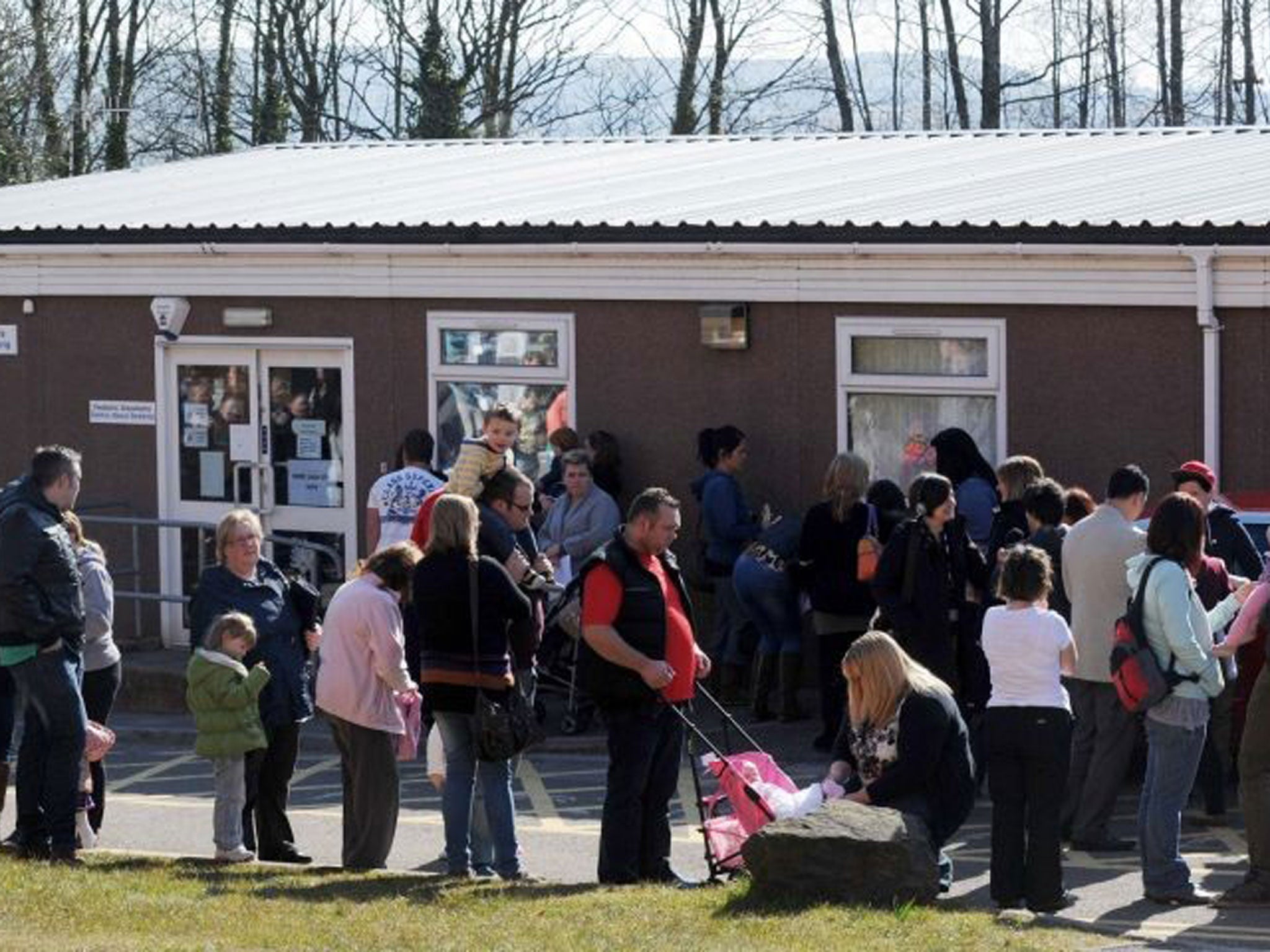Measles outbreak could spread and hit London and North most, expert warns

Your support helps us to tell the story
From reproductive rights to climate change to Big Tech, The Independent is on the ground when the story is developing. Whether it's investigating the financials of Elon Musk's pro-Trump PAC or producing our latest documentary, 'The A Word', which shines a light on the American women fighting for reproductive rights, we know how important it is to parse out the facts from the messaging.
At such a critical moment in US history, we need reporters on the ground. Your donation allows us to keep sending journalists to speak to both sides of the story.
The Independent is trusted by Americans across the entire political spectrum. And unlike many other quality news outlets, we choose not to lock Americans out of our reporting and analysis with paywalls. We believe quality journalism should be available to everyone, paid for by those who can afford it.
Your support makes all the difference.The measles outbreak gripping South Wales could spread to other parts of Britain, with London and the North particularly vulnerable, a leading expert warned tonight.
Dr David Elliman, an immunisation expert at the Royal College of Paediatrics and Child Health, warned that the capital is at especially high risk because it has the lowest uptake of MMR vaccinations in the UK.
With authorities struggling to contain the outbreak which has claim 643 cases in Wales, he said that outbreaks were “already occurring” in the North of England.
“In London we have lower uptakes than most of the country – it would be a surprise if we don’t start to have outbreaks [there].”
The measles epidemic that has spread across South Wales is believed to be linked to low take-up of vaccinations in the late 1990s and early part of the last decade.
The biggest drop in uptake occurred in late 2001, around the time that Tony Blair refused to be drawn on whether his son Leo had been given the MMR vaccine. “This is where we saw a big upsurge of people who proactively decided not to vaccinate their children,” Dr Elliman said. “Those are the children who are now going through school and vast numbers of them haven’t been immunised,” he warned.
He added that London was at higher-than-average risk because of the health service’s “lack of access” to travellers, immigrants and temporary residents for whom vaccinations are not a first priority.
There were 2,016 confirmed cases of the disease in 2012, twice the number in the previous year and the highest total since 1994. These were largely driven prolonged outbreaks in the North-west and South-east. In the first half of the year the disease spread through pre-school children in Cheshire and Merseyside, followed by clusters in schools and nurseries across the North-west.
His claims were supported by Dr Meirion Evans, a consultant epidemiologist who yesterday told the BBC there were many parts of the UK which do not have vaccination rates high enough to stop the spread of measles.
“Across Wales as a whole there are many, many children who have not had their MMR – we estimate over 40,000 children across Wales – so there is a real possibility that it could seed from Swansea to other parts of Wales and potentially take a grip there,” he said. “Nowhere in Wales is safe from measles and I think that is true of the UK as a whole.”
According to Public Health Wales, 693 people have suffered in the measles outbreak in parts of south, mid and west Wales. Emergency clinics continued to attend to hundreds of anxious parents and young children seeking vaccinations during the weekend.
Dr Evans said that the numbers could “easily double” and that the outbreak could last until the summer holidays as the disease can spread rapidly in schools.
Before the introduction of the MMR jab in 1988, about half a million children caught measles each year in the UK. Approximately 100 of those died.
Although the illness is mild in most cases, it can cause serious complications, including meningitis, brain damage and death.
Of those serious cases recorded last year, over 70 per cent were in children under 18 and the majority of the patients were under five.
Join our commenting forum
Join thought-provoking conversations, follow other Independent readers and see their replies
Comments